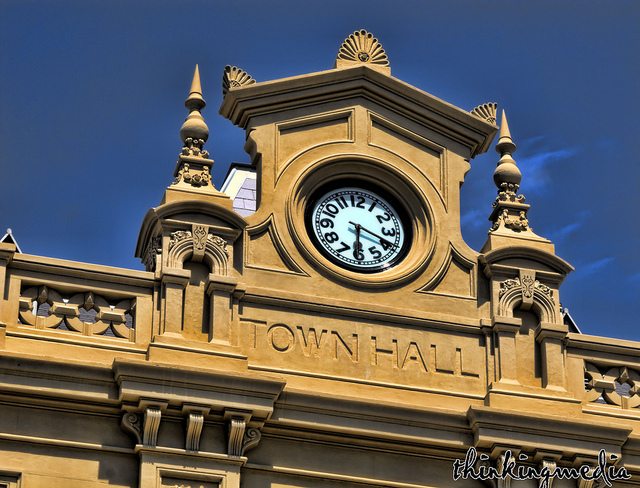
By 2050, seven of 10 people on Earth will reside in urban areas. As public officials realize the magnitude of this reality, it becomes immediately clear that finding ways to reach out to the masses is more important than ever. Elected officials and government executives can no longer be successful without finding ways to collaborate with stakeholders, citizens and taxpayers.
Large public projects and innovative initiatives are critical to economic prosperity in the future. The country cannot maintain its global competitiveness without visionary leaders. Change is inevitable…but change is difficult for the masses. It must be managed carefully.
Community input, stakeholder involvement and great communication are essential to long-term success and sustainability of public-sector projects. Cities, state agencies and federal officials throughout the United States are now embracing the role of civic engagement because they know it is an essential component to success.
In Edina, Minn., a city of nearly 50,000 in the Twin Cities area, municipal officials turned to the community for help with the design of a major highway bridge replacement project. The city encouraged community involvement by doubling the number of public hearings it typically scheduled and made it easy to receive community input through online and in-person surveys. Residents were encouraged to offer opinions on a range of topics and they responded. As it turns out, the project designers made significant changes because of input that was received. Because of the involvement of citizens and a very collaborative process, no serious issues ever surfaced and success was shared and applauded by everyone.
Cities and states are not the only ones reaching out to citizens. Last month, Yelp and the federal government announced a unique initiative. The General Services Administration (GSA) decided that government workers could read and respond to reviews of their agencies. Though this may sound insignificant, it definitely is not. This is a major change. Federal agencies and government employees have never been allowed to engage with constituents or collect citizen input. Typically, agencies use social media platforms like Facebook and Twitter, not as a feedback mechanism, but solely as a way to provide information and updates. This new outreach will provide a much-needed avenue for increased connectivity and improvement of services.
Perhaps the most exciting part about this is the demographic breakdown of Yelp users – 43 percent are between the ages of 18 and 34! At a time when Millennials often feel the most disconnected from government, this could be exactly what is needed for increased citizen engagement by younger taxpayers.
Another platform being used for civic activism and engagement is Reddit, a Web site where citizens in a community can upload content and spark conversations on a wide variety of topics. Municipal governments are beginning to establish accounts so public officials can directly answer and comment upon citizens’ inquiries. Austin, Texas, is one of the first cities in the country to have an official Reddit account – one that allows city council members to encourage question and answer sessions (called AMAs, for Ask Me Anything). Citizens will be able to ask questions and start real-time dialogues on issues that are important to them.
When discussing the sustainability of cities and the successful launching of visionary new projects, pricing discussions and environmental impact often seem to be the only concerns. That is changing rapidly. This change is long overdue. If citizens and taxpayers are ever going to embrace government again, they must feel included. Collaboration is a very good first step toward that worthwhile goal.
SPI’s team of procurement consultants are experts in building collaboration between government, the private sector and the public. Contact us to learn how to engage with both the public and public officials.

